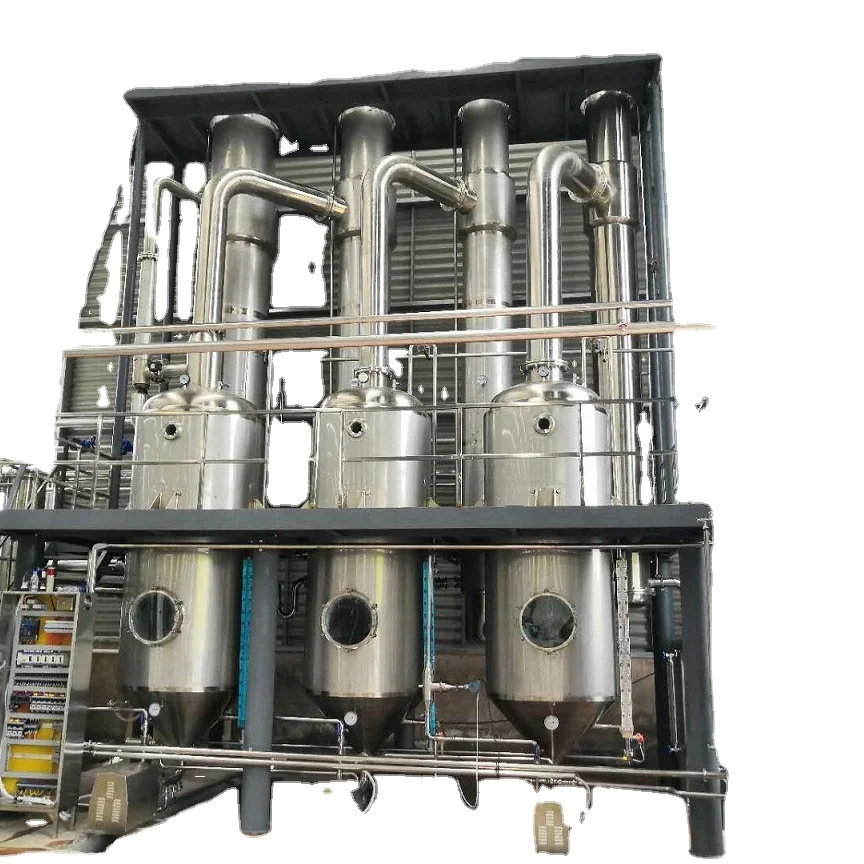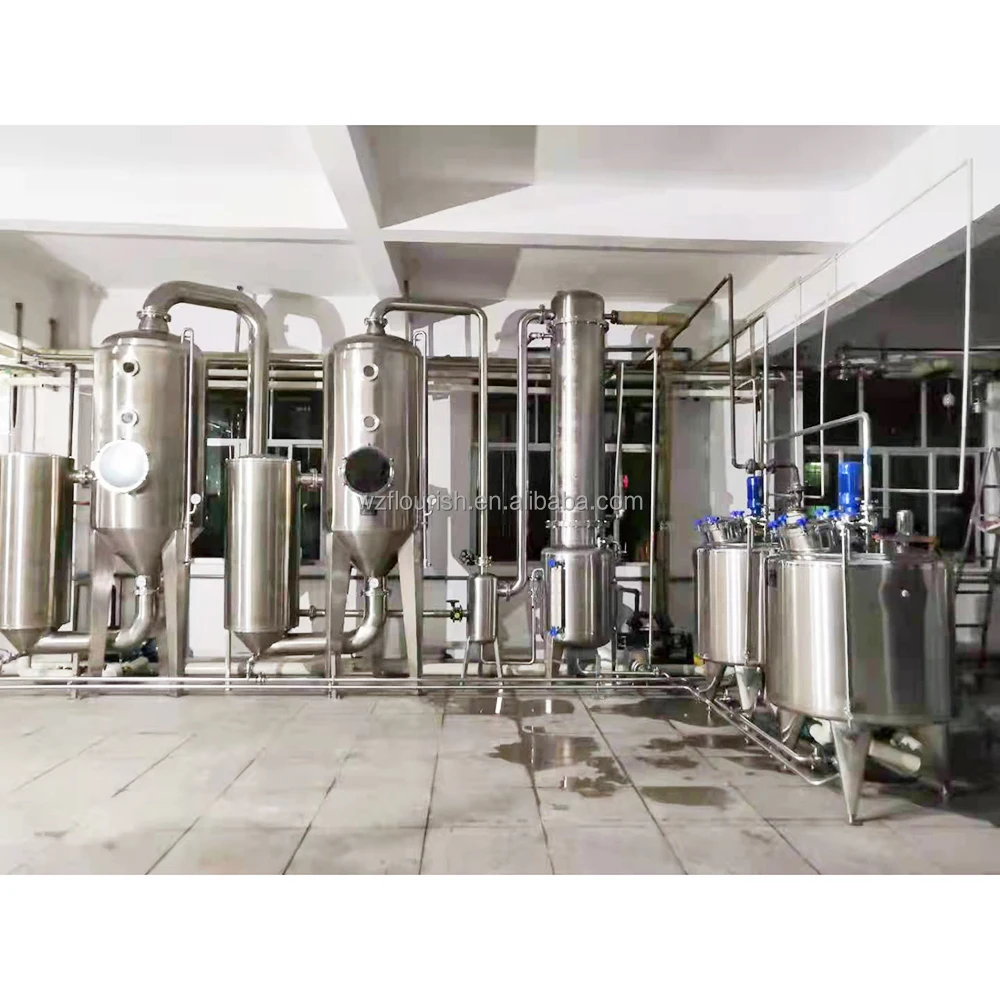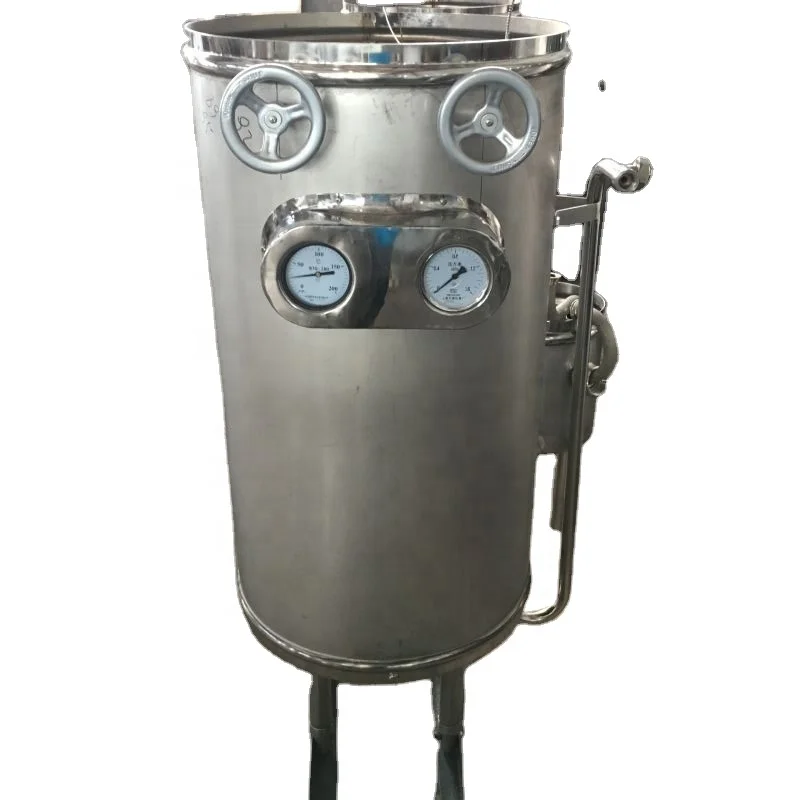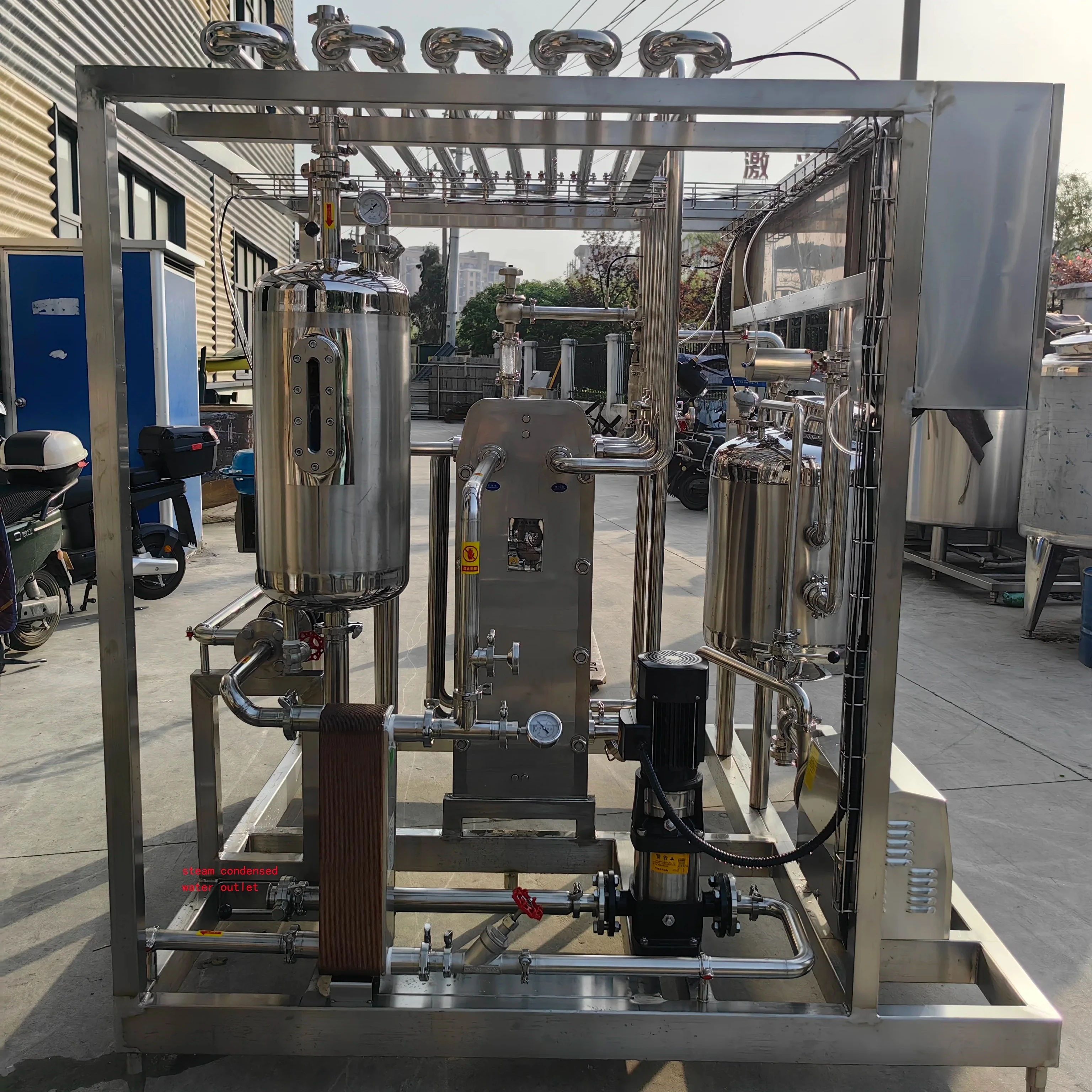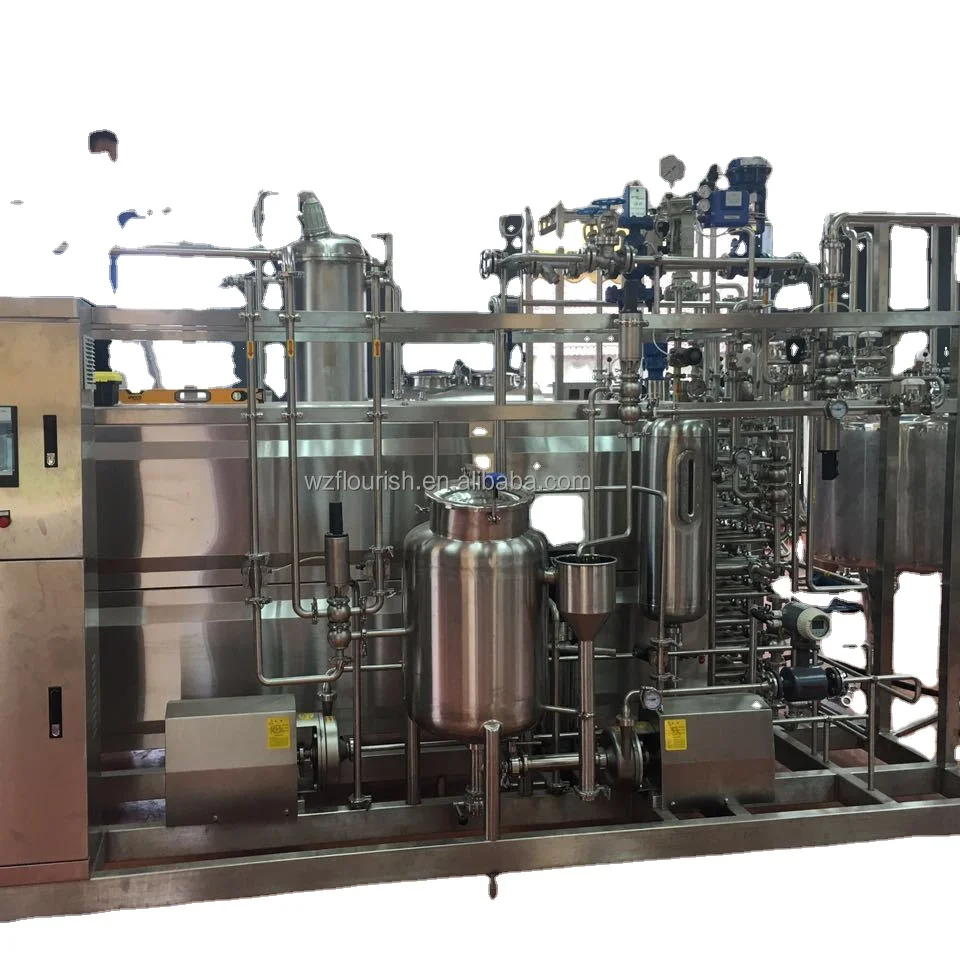ABOUT
Wenzhou Vince Machinery Science Co., Ltd. was established in early 1980s. Our company covers an area of 6500 square meters and is an independent legal representative firm, possessing rich economic technology strength. Our company is a high tech enterprise and plays an important role in national dairy, foodstuff, pharmacy and machinery industries. We are a beverage machinery supplier.
Since the establishment, our company has mainly engaged in dairy products, foodstuff, beverage machinery, bean products, yellow wine, medicines and fermentation projects. What's more, our company supplies a complete sequence services in manufacturing, installation, test and personnel train, as well as the whole direction service design and consulting service on product project construction or enlargement artistic distribution engineering sets budget.
PRODUCTS
The Art and Science of Juice Evaporation
Understanding the Basics of Evaporation
Evaporation is the process of converting liquid into vapor, and in the context of juice, it involves removing water from the juice while retaining its flavor and other valuable components. This concentration process allows for extended storage, reduced shipping costs, and a wider range of culinary applications. The science behind evaporation involves principles like vapor pressure, boiling point elevation, and mass transfer, which determine the efficiency and effectiveness of the process.
Types of Evaporation Techniques
Several techniques exist for evaporating juice, each with its own set of advantages and disadvantages. Traditional methods include open pan evaporation, where juice is heated in an open pan, and vacuum evaporation, which utilizes reduced pressure to lower the boiling point of the juice, preventing excessive browning and nutrient degradation. More modern techniques include spray drying, where juice is atomized into fine droplets and dried by hot air, and membrane filtration, which uses semi-permeable membranes to separate water from juice, preserving its flavor and aroma.
Factors Influencing Juice Quality
The art of juice evaporation lies in balancing the scientific principles with the desire to preserve the juice's natural qualities. Factors like temperature, pressure, and residence time play a crucial role in determining the final product's color, flavor, aroma, and nutritional value. Careful control of these parameters is essential to prevent excessive browning, nutrient loss, and flavor alterations.
The Importance of Technology
Modern juice evaporation technology has significantly improved the efficiency and quality of the process. Advances in heat transfer equipment, vacuum systems, and process control systems allow for precise control of operating conditions, minimizing energy consumption and maximizing product quality. These technological advancements have also made juice evaporation more sustainable and environmentally friendly, reducing waste and promoting resource conservation.
Applications of Concentrated Juice
Concentrated juice finds wide application in various industries, from food manufacturing to beverages and pharmaceuticals. It serves as a key ingredient in fruit-flavored drinks, jams, jellies, baked goods, and even certain medications. The ability to concentrate juice without compromising its quality has opened up numerous possibilities for creating innovative food products.
The art and science of juice evaporation continue to evolve, driven by advancements in technology and a growing demand for high-quality, concentrated fruit products. Understanding the principles behind this process is crucial for developing innovative solutions that satisfy the needs of consumers and contribute to a sustainable food system.SUBSCRIBE
INQUIRY

